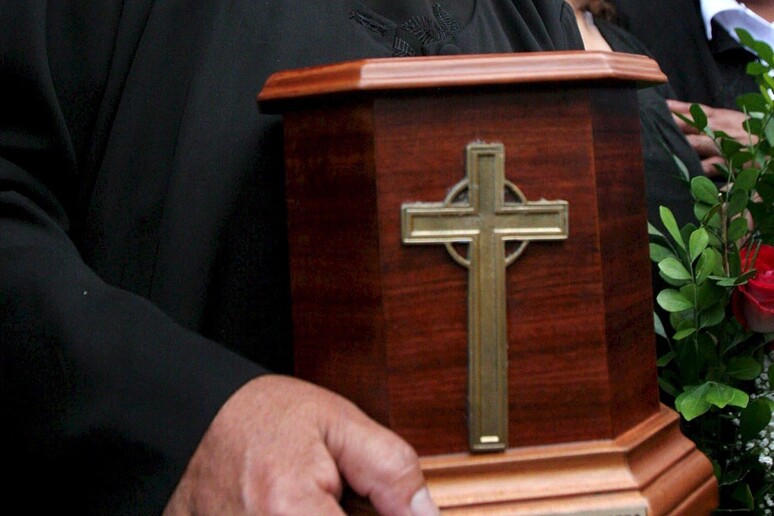VATICAN CITY - The Catholic Church said in a new document released on Tuesday that cremation was not banned, but added that the deceased person's ashes should be not scattered in nature. The new document on the burial of the deceased and the preservation of ashes was prepared by the Congregation for the Doctrine of the Faith and approved by Pope Francis. The Catholic Church said that, if it is decided "for legitimate reasons" to cremate a dead person, the deceased's ashed must be kept "in a holy place, that means in cemeteries".
It added: "keeping the ashes in domestic homes is not allowed".
It also said that, while cremation was not forbidden, the Church preferred to see dead people buried. "Cremation is not a natural process, it's a process in which a technical procedure intervenes," Father Serge-Thomas Bonino, the secretary general of the International Theological Commission, told a news conference.
"The cremation process has something brutal about it.
"It destroys immediately and does not allow people close to the deceased to gradually get used to the fact that they have lost someone they loved". The document also said that, if a dead person is cremated, it is not allowed for loved ones to turn their ashes into "pieces of jewelry or other objects" to remember them by.
ALL RIGHTS RESERVED © Copyright ANSA











